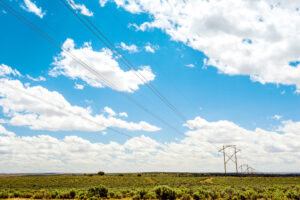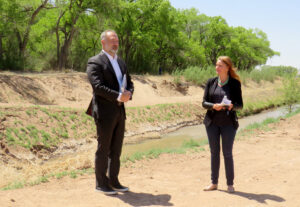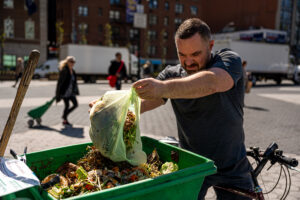Heavy rains endanger some Illinois crops

Illinois farmers are dealing with a wide array of weather conditions depending on where they live in the state.
Last weekend, areas of central Illinois received over 10 inches in a 72 hour period, and the rain has continued to fall. Some fields, especially those not equipped with drainage systems, are underwater.
Mark Schleusener, an Illinois State Statistician with the United States Department of Agriculture, said there may be crop loss, especially in low-lying fields.
“They know which spots are low and they are going to be wet, right now they’re too wet,” Schleusener said. “Let’s say it lasts three days approximately, that is really going to choke off the yield and may reduce it to nothing.”
Fred Grieder farms in Carlock, which got 4 to 6 inches of rain.
“Depending on how your land lays, if you have a lot of standing water and a lot of ‘ponding,’ there will certainly be some yield penalties on that,” Grieder said.
All the excess moisture will no doubt disrupt fieldwork for some time, preventing farmers from nitrogen applications before tassling and fungicides to combat diseases.
It is a different story for farmers in northern Illinois, where drought conditions won’t let up. According to state data, this spring was the third driest in 140 years.
Extreme drought was reported in parts of Boone, DeKalb, Cook, McHenry, Lake and Kane counties covering about 3% of the state.
Southern Illinois was also spared the heavy rains, so farmers caught a break.
“The southern part of Illinois did not get much rain and that is a good thing because they wanting to harvest their wheat down there, and so the rain would have prohibited that and stopped the wheat harvest,” Schleusener said.
He notes that wheat farmers went from 12% completed on June 20 to 63% done on June 27.
The USDA says this will be a bumper wheat crop, with the condition 87% good to excellent.
As of June 27, 67% of soybeans were good to excellent, and 68% of corn was good to excellent.
This article was originally posted on Heavy rains endanger some Illinois crops







